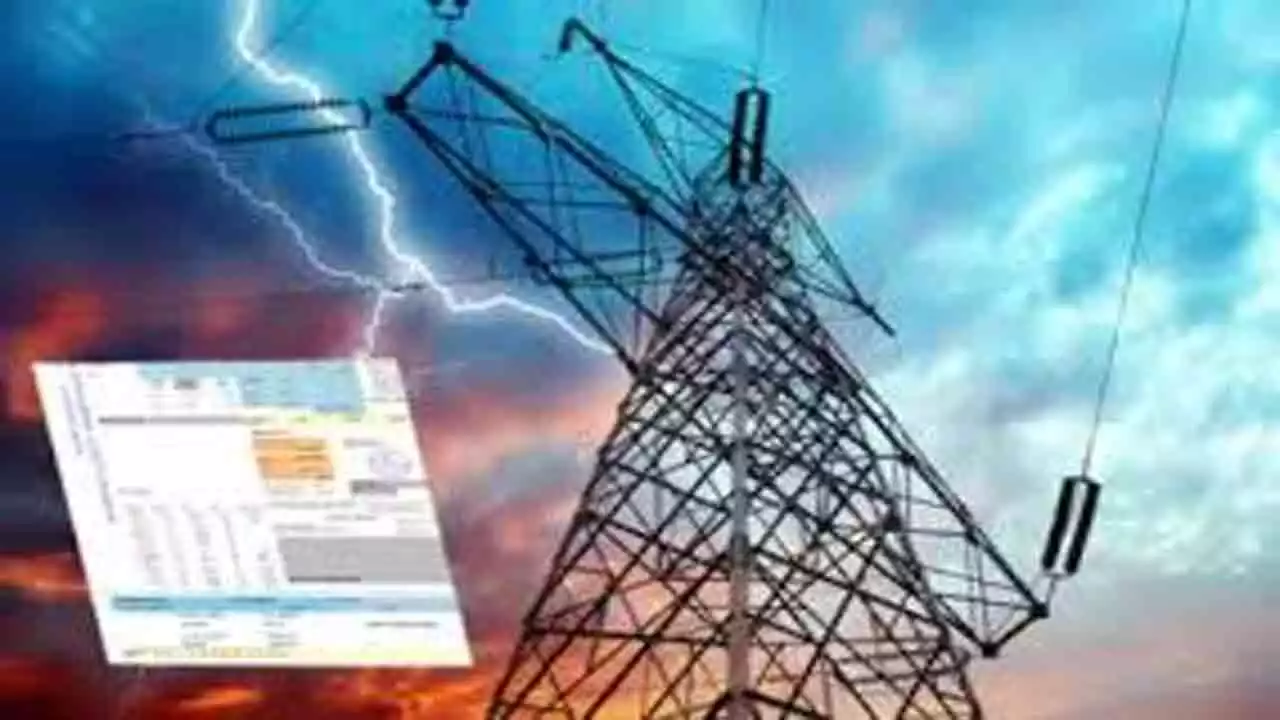The National Electric Power Regulatory Authority (NEPRA) has approved a significant increase in electricity prices, raising them by 7 rupees and 12 paise per unit. This hike has immediate implications for consumers across Pakistan, affecting both residential and commercial users. However, the increase in electricity prices is not the only burden consumers will face; additional taxes have also been imposed, exacerbating the financial strain on the populace.
Electricity Price Increase
NEPRA’s decision to increase electricity prices by 7 rupees and 12 paise per unit reflects the ongoing challenges in the energy sector, including rising fuel costs and infrastructure expenses. The increased tariffs aim to help power companies recover costs and ensure the sustainability of the electricity supply. However, this decision comes at a time when inflation and cost of living are already high, adding to the financial burden on households and businesses.
Additional Taxes on Electricity Bills
Following the footsteps of the Federal Board of Revenue (FBR), the Ministry of Energy has introduced several new taxes on electricity bills, particularly targeting non-filer consumers and commercial users.
Advance Income Tax for Non-Filers:
- Non-filer consumers will now face an advance income tax of 5 to 7 percent on electricity bills exceeding Rs 25,000. This measure is aimed at increasing tax compliance and broadening the tax base.
Income Tax on Commercial Users:
- Commercial electricity consumers will be subjected to an additional income tax of 10 to 12 percent on their bills. This step is intended to ensure that businesses contribute their fair share to the national exchequer.
Extra Sales Tax:
- Extra sales tax will be levied on non-active or non-compliant consumers, further increasing the cost of electricity for these users. Commercial consumers and retailers will face separate taxation under this category.
Electric City Duty:
- Electric City Duty will also be imposed on electricity bills, with the responsibility of its collection falling on the provincial authorities. This duty is another layer of taxation that will affect all categories of consumers.
Types of Taxes on Electricity Consumers
The various types of taxes and charges that will now be applied to electricity consumers include:
PTV Fee:
- All electricity bills will include a PTV fee ranging from Rs 35 to Rs 60, contributing to the funding of the state-run television network.
General Sales Tax (GST):
- An 18% GST will be levied on all electricity bills, a standard tax that consumers are already familiar with.
Fuel Cost Adjustments:
- Monthly fuel cost adjustments will be applied to bills, reflecting the fluctuating prices of fuel used for power generation.
Quarterly Adjustments:
- In addition to monthly adjustments, quarterly adjustments will also be implemented, further altering the final amount payable by consumers.
Impact on Consumers
The combined effect of increased electricity prices and additional taxes is expected to significantly impact the average consumer. Households with higher electricity consumption will find their monthly bills substantially increased, while businesses will face higher operational costs due to the additional commercial taxes.
The advance income tax on non-filers is a move to encourage more people to file their taxes, but it will also penalize those who have not yet complied with tax regulations. This could lead to increased financial strain for many, especially those who are already struggling with high living costs.
NEPRA’s decision to increase electricity prices, coupled with the Ministry of Energy’s imposition of new taxes, presents a substantial financial challenge for both residential and commercial consumers in Pakistan. The introduction of multiple layers of taxation and adjustments will make electricity bills more complex and expensive, affecting household budgets and business operations alike.
As the government seeks to stabilize the energy sector and increase tax revenues, consumers are left to navigate the higher costs and additional financial burdens. It remains to be seen how these measures will impact overall tax compliance and whether they will achieve the desired economic outcomes without disproportionately affecting the general populace.



